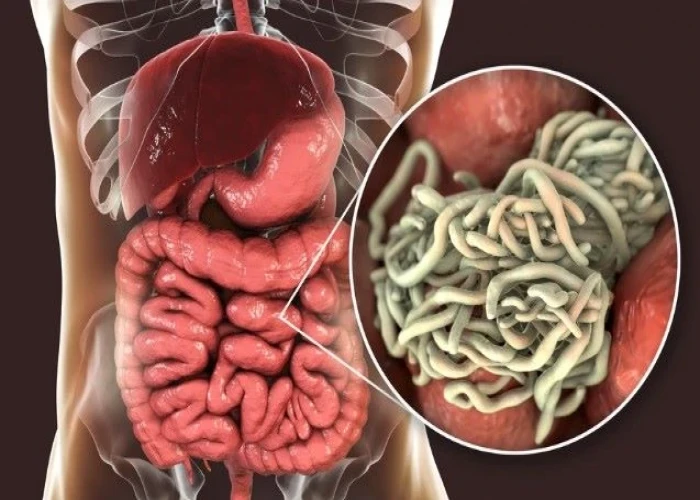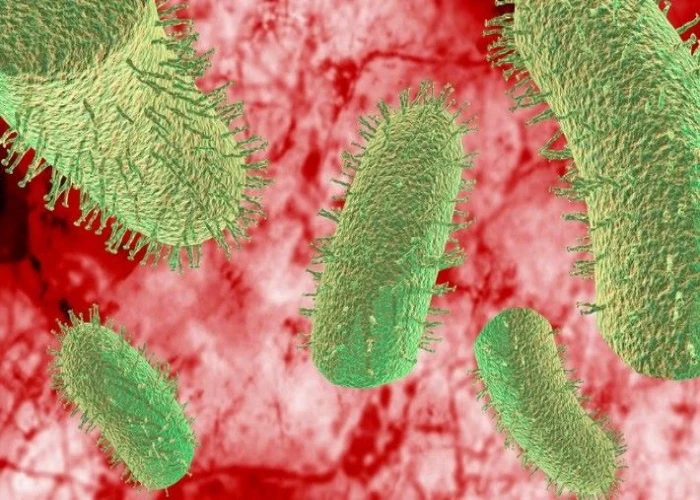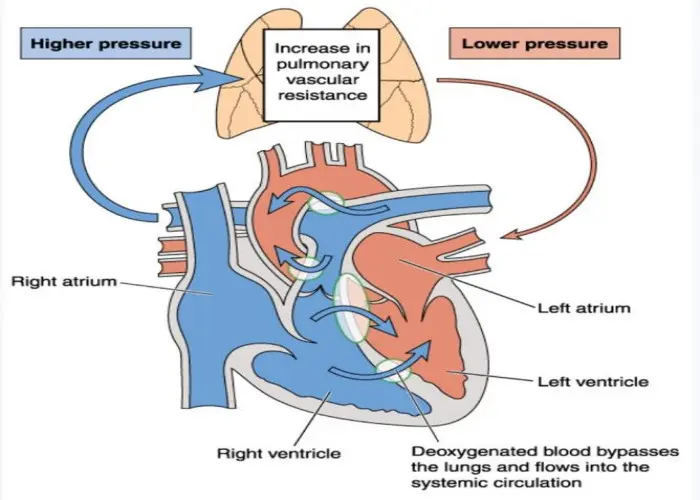 Welcome
Welcome
“May all be happy, may all be healed, may all be at peace and may no one ever suffer."
Salivary gland tumors

Salivary gland tumors are abnormal growths that develop in the salivary glands, which are located in and around the mouth and throat and produce saliva. These tumors can be benign (non-cancerous) or malignant (cancerous).
Symptoms of salivary gland tumors may include a lump or swelling in the mouth, cheek, jaw, or neck, pain or numbness in the face or mouth, difficulty swallowing or opening the mouth, facial weakness, or persistent facial pain.
Risk factors for salivary gland tumors include older age, exposure to radiation, certain inherited genetic mutations, and certain viral infections, such as human papillomavirus (HPV).
Diagnosis of salivary gland tumors may involve a physical exam, imaging tests such as ultrasound or MRI, and a biopsy to confirm the type of tumor and whether it is benign or malignant.
Treatment for salivary gland tumors depends on the type, size, and location of the tumor, as well as the overall health of the patient. Treatment options may include surgery to remove the tumor, radiation therapy to destroy cancer cells, and chemotherapy or other drug therapies to kill cancer cells.
Prognosis for salivary gland tumors can vary widely depending on the type and stage of the tumor, as well as the effectiveness of treatment. In general, benign tumors have a better prognosis than malignant tumors. Regular follow-up appointments with a healthcare provider are important to monitor for any signs of recurrence or complications.
Research Papers
Disease Signs and Symptoms
- Jaw pain
- Difficulty swallowing (dysphagia)
- Persistent pain in the area of a salivary gland
- Muscle weakness on one side of face
- Muscle weakness
- Facial weakness or numbness
- Numbness
- Mouth lumps
- Neck lump
- Neck pain
- Swollen jaw
- A lump or swelling on or near jaw or in neck or mouth
Disease Causes
Salivary gland tumors
Salivary gland tumors are rare. Their cause isn't clear.
Salivary gland tumors begin when some cells in a salivary gland develop changes (mutations) in their DNA. A cell's DNA contains the instructions that tell a cell what to do.
The changes tell the cells to grow and divide rapidly. The abnormal cells go on living when healthy cells would die. The accumulating cells form a tumor.
If additional changes happen in the DNA, the abnormal cells may become cancerous. Cancer cells can invade and destroy nearby tissue. They can also break away from the tumor and spread (metastasize) to distant areas of the body.
Types of salivary gland tumors
Many different types of salivary gland tumors exist. Doctors classify salivary gland tumors based on the type of cells involved in the tumors. Knowing the type of salivary gland tumor you have helps your doctor determine which treatment options are best for you.
Types of noncancerous (benign) salivary gland tumors include:
- Pleomorphic adenoma
- Basal cell adenoma
- Canalicular adenoma
- Oncocytoma
- Warthin tumor
Types of cancerous (malignant) salivary gland tumors include:
- Acinic cell carcinoma
- Adenocarcinoma
- Adenoid cystic carcinoma
- Clear cell carcinoma
- Malignant mixed tumor
- Mucoepidermoid carcinoma
- Oncocytic carcinoma
- Polymorphous low-grade adenocarcinoma
- Salivary duct carcinoma
- Squamous cell carcinoma
Disease Prevents
Disease Treatments
Treatment for salivary gland tumors is usually with surgery to remove the tumor. People with salivary gland cancers may need additional treatments, such as with radiation therapy and chemotherapy.
Surgery
Surgery for salivary gland tumors may include:
- Removing a portion of the affected salivary gland. If your tumor is small and located in an easy-to-access spot, your surgeon may remove the tumor and a small portion of healthy tissue that surrounds it.
- Removing the entire salivary gland. If you have a larger tumor, your doctor may recommend removing the entire salivary gland. If your tumor extends into nearby structures — such as the facial nerves, the ducts that connect your salivary glands, facial bones and skin — these also may be removed.
- Removing lymph nodes in your neck. Your surgeon may recommend removing some lymph nodes from your neck if your salivary gland tumor is cancerous and there's a risk that the cancer has spread to the lymph nodes. The surgeon removes the lymph nodes that are most likely to contain cancerous cells.
- Reconstructive surgery. After surgery to remove the tumor, your doctor may recommend reconstructive surgery to repair the area. If bone, skin or nerves are removed during your surgery, these may need to be repaired or replaced with reconstructive surgery.
- During reconstructive surgery, the surgeon works to make repairs that improve your ability to chew, swallow, speak, breathe and move your face. You may need transfers of skin, tissue, bone or nerves from other parts of your body to rebuild areas in your mouth, face, throat or jaws.
Salivary gland surgery can be difficult because several important nerves are located in and around the glands. For example, a nerve in the face that controls facial movement runs through the parotid gland.
Removing tumors that involve important nerves may require stretching or cutting the nerves. This can cause partial or complete paralysis of your face (facial droop) that can be temporary or, in some situations, permanent. Surgeons take care to preserve these nerves whenever possible. Sometimes severed nerves can be repaired with nerves taken from other areas of your body or with processed nerve grafts from donors.
Radiation therapy
If you're diagnosed with salivary gland cancer, your doctor may recommend radiation therapy. Radiation therapy uses high-powered energy beams, such as X-rays and protons, to kill cancer cells. During radiation therapy, you lie on a table while a machine moves around you, directing high-powered beams at specific points on your body.
A newer type of radiation therapy that uses particles called neutrons may be more effective in treating certain salivary gland cancers. More study is needed to understand the benefits and risks of this treatment. Neutron radiation therapy isn't widely available in the United States.
Radiation therapy can be used after surgery to kill any cancer cells that might remain. If surgery isn't possible because a tumor is very large or is located in a place that makes removal too risky, your doctor may recommend radiation alone or in combination with chemotherapy.
Chemotherapy
Chemotherapy is a drug treatment that uses medications to kill cancer cells. Chemotherapy isn't currently used as a standard treatment for salivary gland cancer, but researchers are studying its use.
Chemotherapy may be an option for people with advanced salivary gland cancer. It's sometimes used in combination with radiation therapy.
Supportive (palliative) care
Palliative care is specialized medical care that focuses on providing relief from pain and other symptoms of a serious illness. Palliative care specialists work with you, your family and your other doctors to provide an extra layer of support that complements your ongoing care. Palliative care can be used while undergoing other aggressive treatments, such as surgery, chemotherapy or radiation therapy.
When palliative care is used along with all of the other appropriate treatments, people with cancer may feel better and live longer.
Palliative care is provided by a team of doctors, nurses and other specially trained professionals. Palliative care teams aim to improve the quality of life for people with cancer and their families. This form of care is offered alongside curative or other treatments you may be receiving.
Disease Diagnoses
Disease Allopathic Generics
Disease Ayurvedic Generics
Disease Homeopathic Generics
Disease yoga
Salivary gland tumors and Learn More about Diseases

Breast cancer

Heartburn (Acidity)

Smallpox

Hyperhidrosis

Pinworm infection

Rabies

Broken toe

Eisenmenger syndrome
salivary gland tumors, লালা গ্রন্থি টিউমার
To be happy, beautiful, healthy, wealthy, hale and long-lived stay with DM3S.
